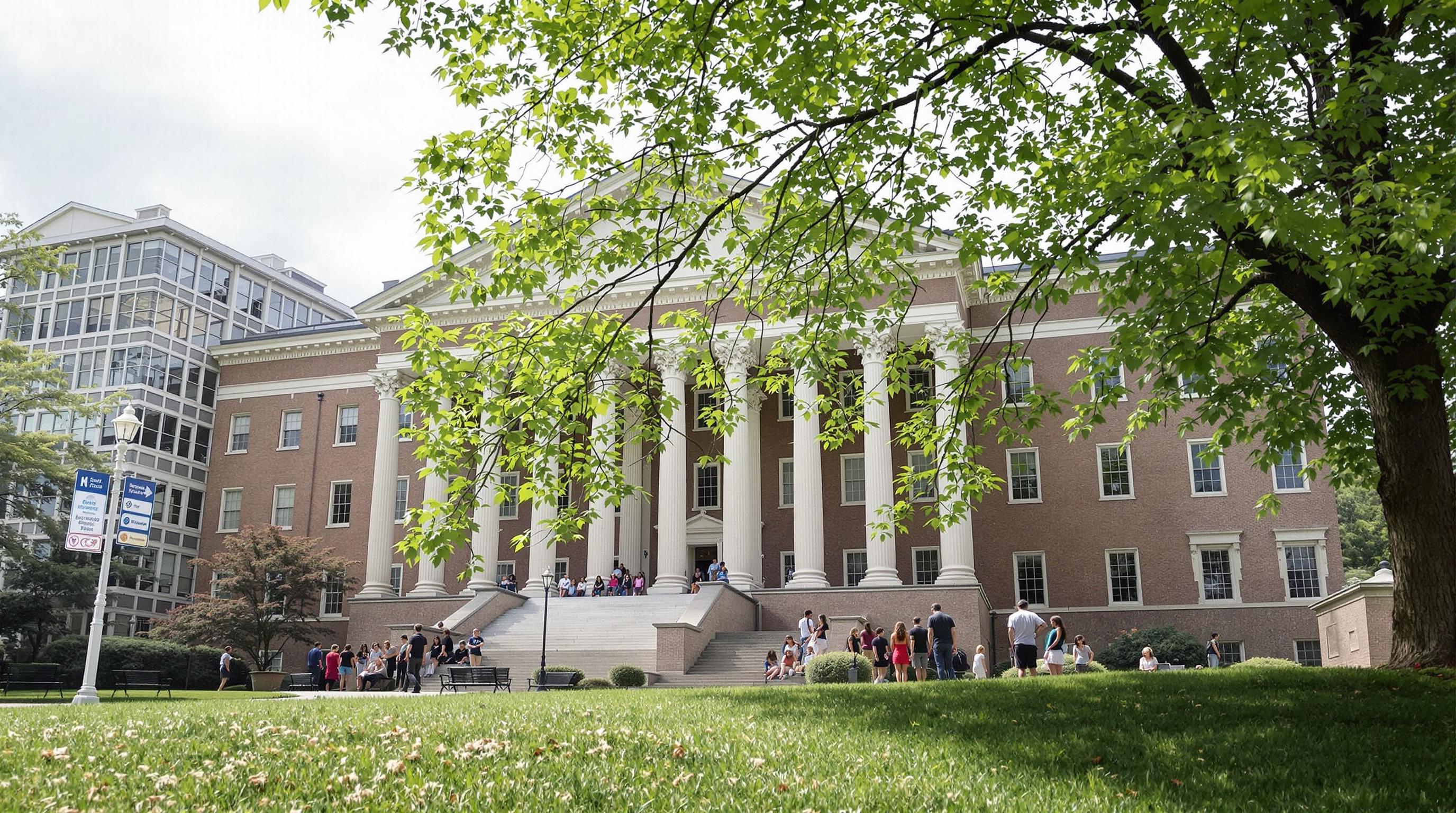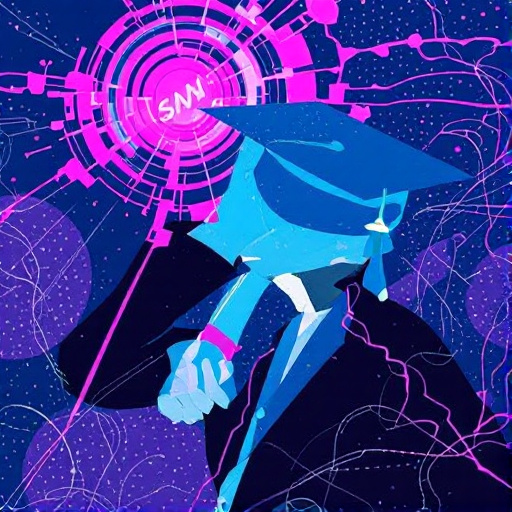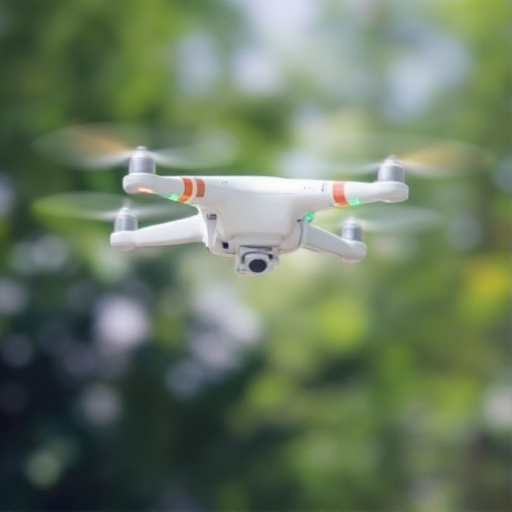Featured Articles
- 9 Hidden Financial Aid Opportunities Every College Applicant Should Explore Before Applying
- From Drones to Diversity: The Surprising Role of Tech in Shaping Modern College Admissions Strategies
- How Midnight Email Strategy and Timing Secretly Influence College Acceptance Odds More Than You Think
- "Micro-Majors: The Rise of Niche Fields and Their Impact on College Admissions Trends"
- The Impact of AI-Generated Essays on Authenticity in College Admissions: A New Frontier or a Recipe for Disaster?
The Impact of AI-Generated Essays on Authenticity in College Admissions: A New Frontier or a Recipe for Disaster?
The Impact of AI-Generated Essays on Authenticity in College Admissions: A New Frontier or a Recipe for Disaster?
The advent of AI-generated essays is reshaping the landscape of college admissions, raising questions about authenticity and the integrity of the application process. As students increasingly turn to technology for assistance, institutions face a new frontier filled with both opportunities and challenges.
The New Age of College Admissions
Imagine a high school senior, Sarah, sitting at her cluttered desk, the weight of college applications looming over her. Exhausted from navigating rigorous coursework, extracurricular commitments, and part-time jobs, she stumbles across an AI tool capable of generating essays in minutes. This scenario is becoming more common among students seeking to alleviate the stress of college admissions.
Statistics: The Rapid Rise of AI
According to a recent survey conducted by the Pew Research Center, 39% of high school students reported using some form of AI technology for their academic work. This number highlights the growing reliance on AI tools among students, particularly as competition becomes fierce and the pressure to stand out in applications intensifies.
Authenticity Under Threat
One of the foremost concerns regarding AI-generated essays revolves around authenticity. College admissions boards are tasked with selecting individuals who not only demonstrate academic prowess but also exhibit a level of genuine self-expression and personal insight. How can admissions officers assess this crucial component if students rely on AI to articulate their thoughts?
Persuasive Argument: The Case for Authentic Essays
Admissions essays serve as a window into a student's character, motivations, and aspirations. They provide a narrative that complements academic metrics, inviting colleges to understand who the applicant truly is. When students use AI to generate these narratives, they risk losing their unique voice, diluting their identity in the process.
Case Study: The Harvard Dilemma
Taking a closer look at Harvard's admissions process, former Dean of Admissions William Fitzsimmons remarked, “We look for the story behind the grades.” With the increasing presence of AI-generated content, fostering authentic stories becomes more challenging. If colleges cannot trust the integrity of these personal anecdotes, it may lead to an impersonal admissions landscape, reducing students to mere numbers on a spreadsheet.
Conversational Tone: Navigating the Ethical Quagmire
So, what are colleges doing about this? Some institutions are experimenting with new technologies to detect AI-generated content. Others are resorting to more extensive interviews or alternative assessments to gauge the authenticity of applicants. But is that the right approach? It's like trying to put a Band-Aid on a wound that needs stitches! I mean, when you think about it, as the tools to create essays become more advanced, so too must the methods for evaluating them.
The Inventive Student: Balancing Creativity and Originality
On a lighter note, let’s consider the creative opportunities AI presents. While the overuse of AI tools could pose a threat to authenticity, they can also serve as a springboard for students’ ideas. Think of it: students can generate a rough draft using AI, then refine it to add their personal touch. This combo could enhance their writing process rather than replacing it entirely.
A Humorous Perspective: DIY vs. AI
Picture a college application committee receiving two essays side by side: one generated by a chatbot, and one handwritten by a sleep-deprived teenager at 2 AM. The AI essay, shining with perfect grammar and lofty vocabulary, and the other, embellished with the raw honesty of midnight ramblings, complete with an apology for spelling errors. Who would you choose? Sometimes, we need a little chaos in our essays to remind us that we’re human!
The Consequences of Inauthenticity
The real disaster waiting to unfold is this: as students lean more on AI, we risk creating a generation of applicants who lack the skills of self-expression. A report from the National Council of Teachers of English shows that about 70% of students feel disconnected from the writing they produce for school. If AI takes over, will the next generation be equipped to articulate their thoughts when it matters most? The ramifications may extend beyond college admissions, impacting workplace dynamics and communication skills in the long run.
The Other Side of the Coin: Support and Innovation
A balanced perspective is essential. Some educators argue that embracing AI as a collaboration tool rather than a replacement could lead to innovative teaching methods. For instance, AI can assist students in brainstorming ideas or overcoming writer’s block, serving as a digital tutor. “If used wisely, AI can empower students rather than diminish their capabilities,” says Dr. Julie Kowalski, an education technology expert.
Alternatives to Traditional Essays
As the debate around AI-generated essays continues to evolve, educational institutions are exploring alternative assessment methods. Some colleges are trialing video submissions, portfolio assessments, or even artistic expressions. This diverse approach may help alleviate the reliance on traditional essays and offer a more holistic view of a student’s capabilities.
Conclusion: Opportunities Amidst Challenges
As college admissions face this transformative phase marked by the rise of AI technologies, institutions must tread thoughtfully. The challenges posed by authenticity, ethical implications, and the potential decline of original thought are daunting. However, they also present significant opportunities for innovation and dialogue around a student's self-presentation in the future. By embracing these challenges, both students and colleges can navigate this brave new world of admissions and emerge stronger.
The Final Thought
In the end, perhaps the question we should ask isn't how to eliminate AI-generated essays but how to integrate them mindfully into the writing process. After all, this could be a chance for students to exhibit their creativity while ensuring authenticity remains at the forefront of their narratives. As we venture into this new frontier, the key will be to spark collaboration between human insight and technological advances.




